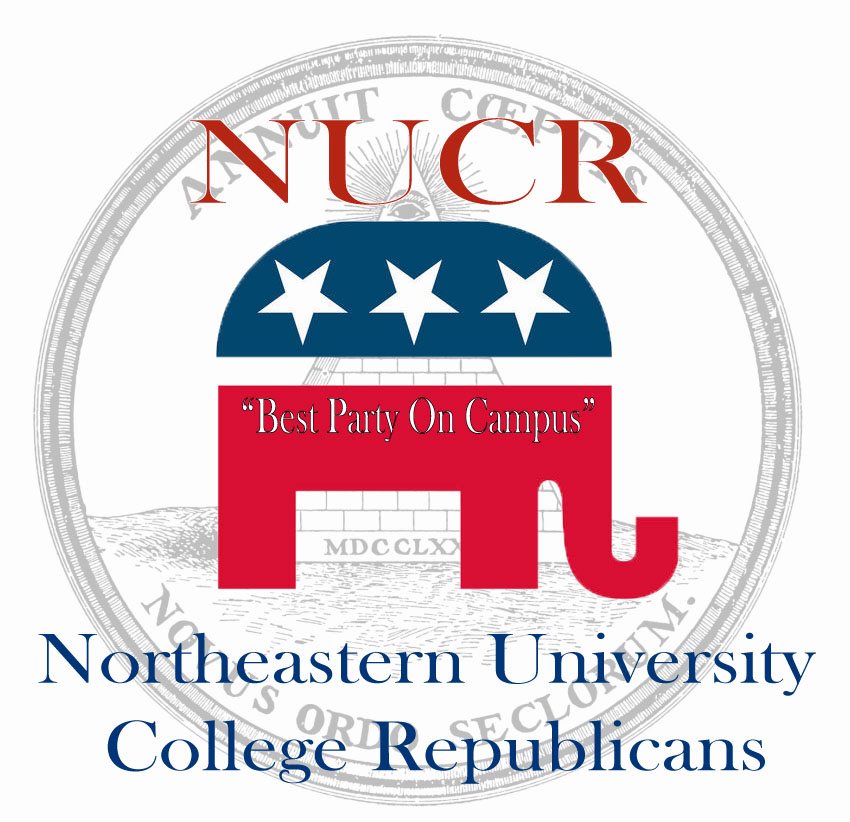The concept of natural rights is critical to the understanding of the American Constitution. The Fourth Amendment clearly says what the government can and cannot do regarding searches and seizures. It states quite clearly:
“The right of the people to be secure in their persons, houses, papers, and effects, against unreasonable searches and seizures, shall not be violated.”
The NSA metadata program is obviously violating this provision. There is no doubt that the government has an inherent obligation to keep citizens safe, but that capacity must be in accordance with the limits the Constitution sets on government. What the NSA is apparently able to do should be truly frightening to every American. Mass collection of virtually every electronic aspect of someone’s life is far too intrusive.
To date the NSA has not provided adequate evidence that it has thwarted any terrorist attacks, despite claims to the contrary. Granted, this may be due to the classified nature of the topic, but regardless the government needs to provide more evidence if they hope to maintain this mass collection. It is unclear who has access to this information and whether or not it is being used for other purposes besides fighting terrorism.
The issue of Edward Snowden is an interesting one. There is no doubt that disclosing thousands of classified documents is treason. The question becomes: is it treason to expose the government when it is overstepping its limits? Although the way in which Snowden did this can certainly be dangerous to national security, no mechanism currently exists to interject this into the public discourse.
The Foreign Intelligence Surveillance Court, which deals with national security issues of a classified nature, has never struck down any government activity. For this reason it appears that the only way to have a discourse about this program was through Snowden’s actions.
This may not be a sustainable option going forward however it may be the only one until a more suitable option is found.
Public trust will not improve greatly with reform because so much is still secret. The public appears to have this notion that the government has not released all of the information. Indeed there are reports that Mr. Snowden appears to have more documents to release.
There is no doubt that National Security advocates and neo-conservatives are wary of changing these programs. The needs of these groups have to be taken into account when striking a balance with reform. However they must be willing to cede ground to liberty advocates and foreign leaders such as German Chancellor Angela Merkel, whose phone was compromised by the NSA.
This issue has many players and many moving parts, which make it incredibly complicated.
Blind trust in the government is dangerous and not healthy in a free society. Those people with the attitude, “I have nothing to hide so I don’t have a problem with it” are missing the larger picture, namely that they are forfeiting their rights.
In the time since Mr. Snowden’s disclosure there has been a very healthy discourse in the nation about national security and the role of government. Two District Court judges have ruled on opposite sides of this issue, so it appears that the Supreme Court will receive this case in the next few years.
In short, what the government is doing is unconstitutional and dangerous. It must be changed to be less intrusive. That being said the government has a vested interest in keeping secrets and keeping people safe. A balance must be struck in order to be in accordance with the very rights that are under assault from terrorism.
John Trakas
Internal Vice President
Northeastern University College Republicans



